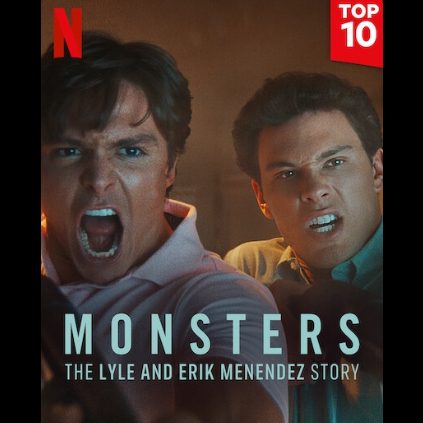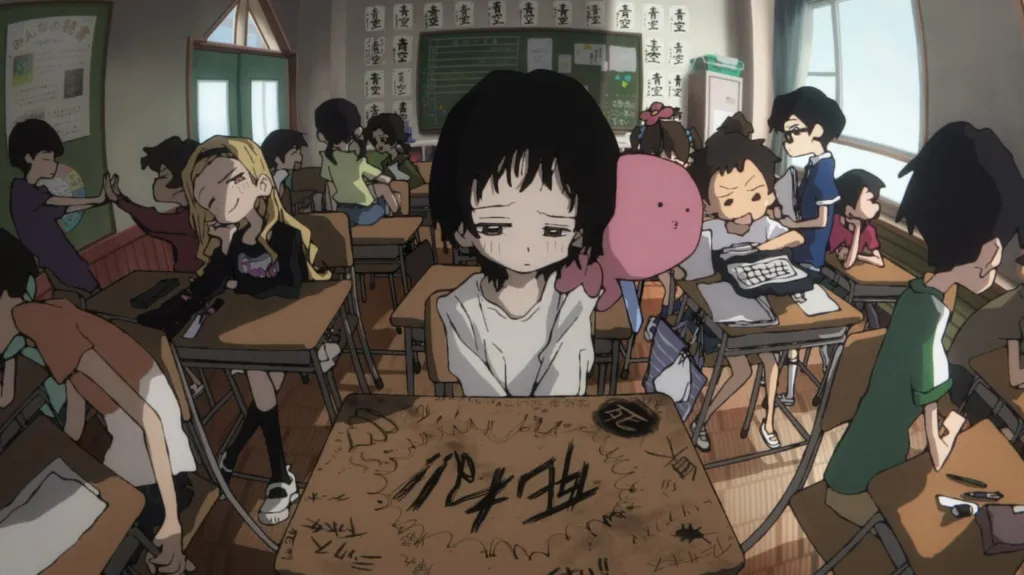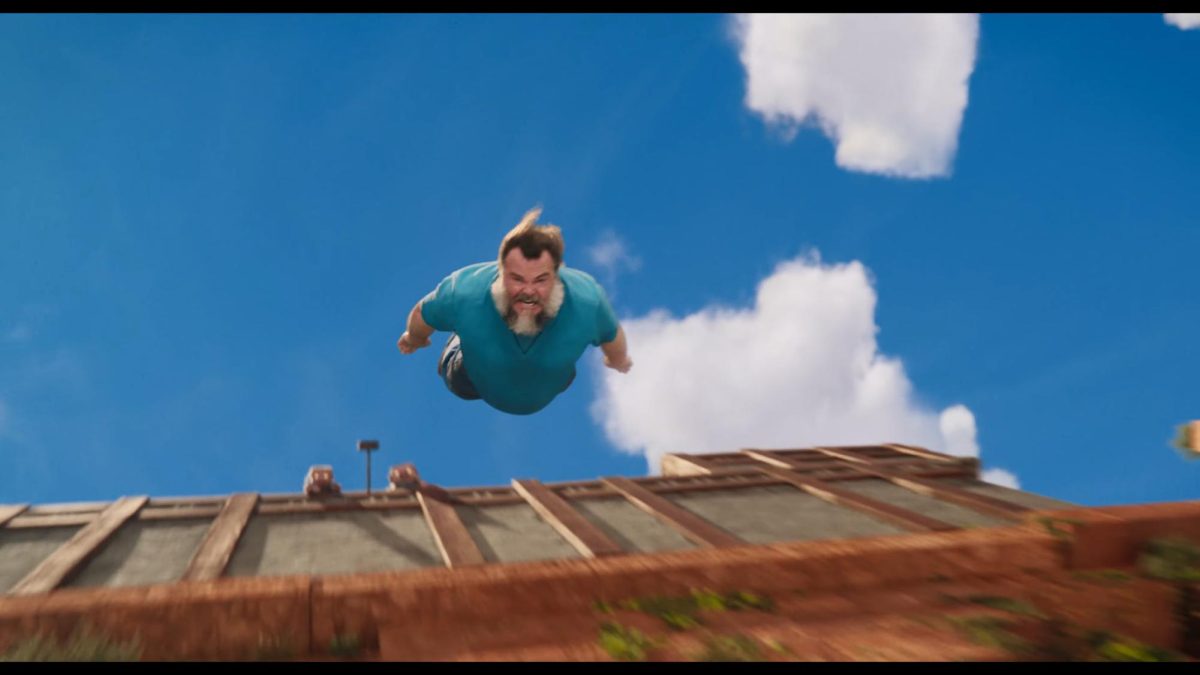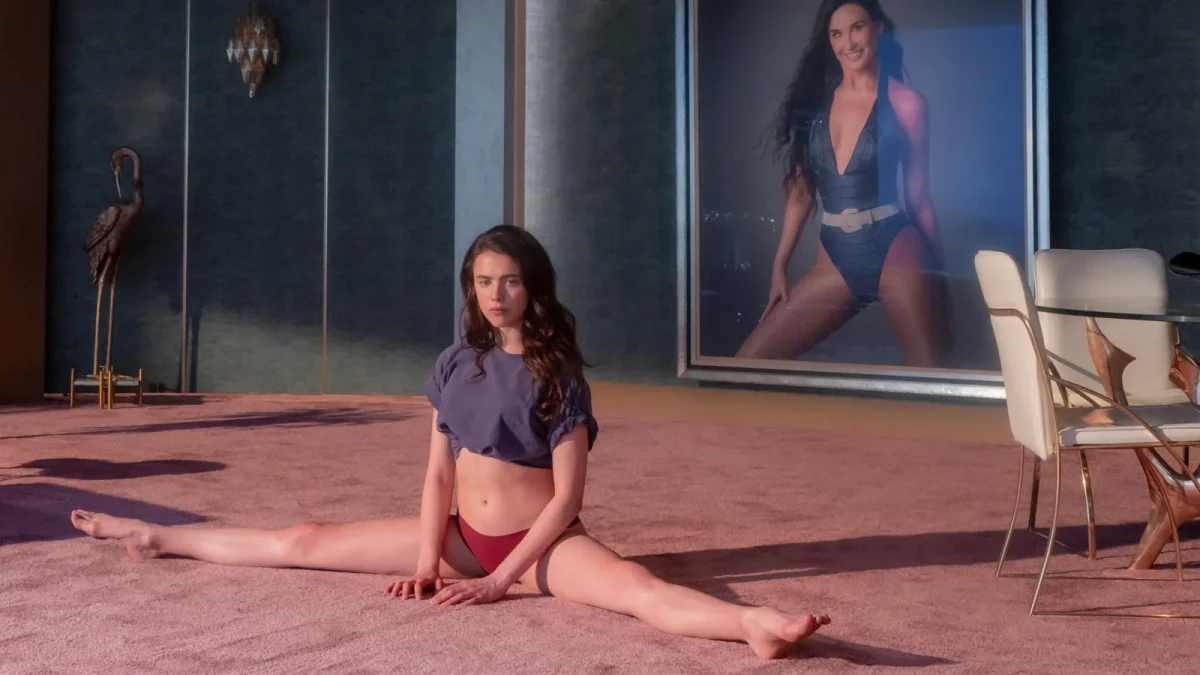Eric and Lyle Menendez killed their parents in August 1989 after enduring years of physical, emotional and sexual abuse. In 2024, their story would have many different portrayals, from skits to shows to documentaries, but one in particular would paint these two victims as “Monsters.”
Director Ryan Murphy, best known for his 2022 Netflix biographic “Dahmer,” depicts an incestuous and harmful narrative in his newest creation, which is based on a very real family from Beverly Hills.
Murphy’s dramatized story portrays the brothers in a way that harshly leans into the “Monsters” title. It presents real topics and discussions, including the families’ life before and after the murders, the brother’s trial and most importantly, the sexual abuse the two faced from their father.
However, inaccuracies were a big problem. From personalities to alleged incestuous relationships, the show utilizes inaccurate and biased point of views that left watchers with a victimized version of Kitty and Jose and a villainous image of Erik and Lyle, portrayed by Cooper Koch and Nicholas Alexander Chavez, that exists only in Murphy’s series.
Erik Menendez himself spoke out about this show, sharing not only his disapproval of the series, but also one particular inaccuracy that bothered him most, Lyle Menendez’s “vile” personality. “I believed we had moved beyond the lies and ruinous character portrayals of Lyle, creating a caricature of [him] rooted in horrible and blatant lies rampant in the show,” he explains.
Erik’s daughter, Talia Menendez, took to Instagram on the same issue, saying that “Lyle and Erik are extremely well spoken and not vile like they painted them to be in the series.”
Not only were there many inaccuracies, Murphy’s storytelling is incredibly selective, with particular scenes emphasized that only vilify the brothers more and more as the series progresses.
The murders are purposely emphasized constantly throughout the show in a very graphic manner, sparing little to no details about the violent murder that took place on Aug. 20, 1989. The constant replay of the violent scene presents the brothers in a cold-blooded killer fashion, playing into the “Monsters” title.
Though it was the harsh reality of what happened, Murphy’s selective storytelling does not present the abuse the brothers faced as children in any detailed manner, keeping the focus mainly on the violent crime and the actions that came after.
It is important to note that not every single little detail would make it into a biographic like this one. However, certain details that would have painted Kitty and Jose in a more negative light were strategically left out, particularly the rape accusations against Jose from former colleagues and the sexual abuse from Kitty to both of her sons.
Jose and Kitty, played by Javier Bardem and Chloe Sevigny, were constantly downplayed and victimized more than they deserved, creating a fake persona that existed only in the series. The closing scene only reinforces this, with the pair sharing a moment together on a boat that makes the viewer believe they were the victims in this story, not the brothers.
In the early episodes, the creators constantly emphasize the brothers’ lavish spending spree after the murders. Watchers can see Erik and Lyle buying new cars and clothes and overall spending lots of their newly inherited money. The emphasis placed on this part specifically reinforces the prosecution’s argument which said that the pair killed their parents for the money.
Lyle later shared in an interview that during that time, he “was not enjoying [himself] as a playboy. [He] was actually sobbing a lot at night, sleeping poorly, very distraught at times, and kind of adrift throughout all those months.” Both brothers described the spending spree as a coping mechanism.
This odd portrayal also includes the idea that the brothers had a relationship with one another behind closed doors, with scenes of the two kissing and others of them dancing suggestively together. Murphy claims that it was one perspective among many people as to why the brothers killed their parents. In court however, both brothers denied ever having such a relationship.
Erik closed out his statement with one final thought, “Is the truth not enough? Let the truth stand as the truth. How demoralizing to know that one man with power can undermine decades of progress in shedding light on childhood trauma. Violence is never an answer, never a solution, and is always tragic. As such, I hope it is never forgotten that violence against a child creates a hundred horrendous and silent crime scenes darkly shadowed behind glitter and glamor and rarely exposed until tragedy penetrates everyone involved.”






